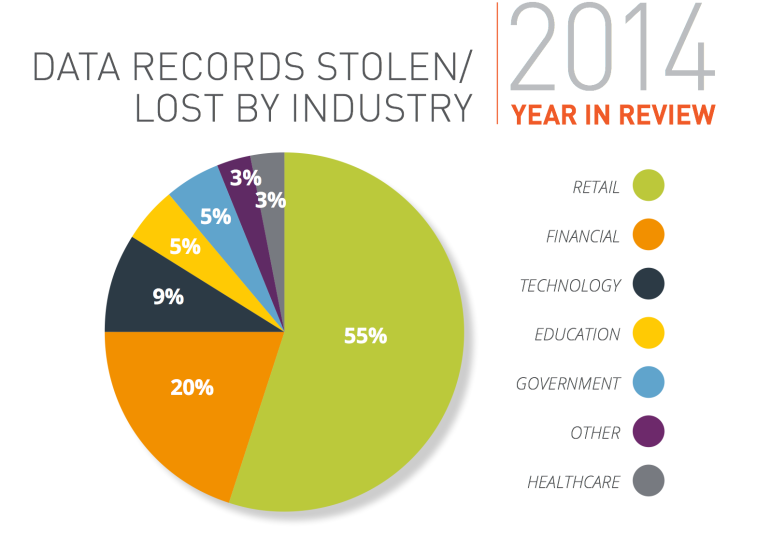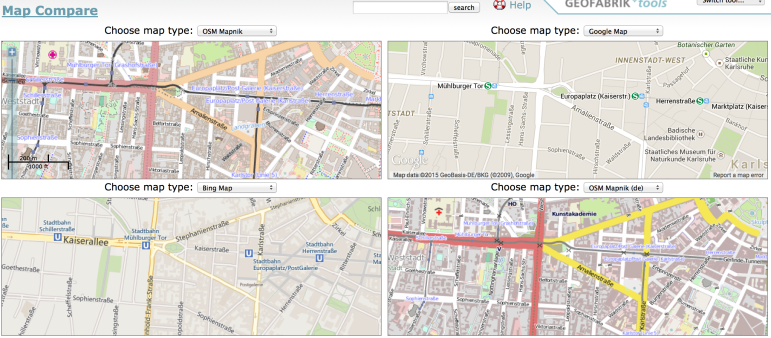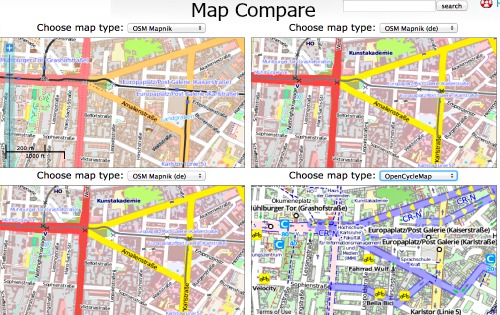 I’m back with another selection of new and favorite web resources and research tools. Here’s this week’s roundup:
I’m back with another selection of new and favorite web resources and research tools. Here’s this week’s roundup:
Data Security and Privacy—Statistics
2014: Year of Megabreaches and Data Theft (16 pages; PDF)
This data-rich report published by Gemalto, a tech security firm, received some press attention last week. The report includes a list of major data breaches, a look at breaches by geographic region, breakdown by industry, and more. For new data as it becomes available, take a look at BreachLevelIndex.com, maintained by the same people who published the report. PrivacyRights.org as well as DataLossDB are two related  resources you might find useful.
resources you might find useful.
Internet–Statistics
The International Bureau at the U.S. Federal Communications Commission recently published the Fourth International Broadband Data Report (2015). This massive report available online is loaded with information and statistical data about broadband access and service around the world. Data files are available in .xls, .pdf, and .doc formats.
Fourth International Broadband Data Report
Research Reports
The House of Commons Library in the UK publishes research reports on a variety of topics. All of the reports are available as PDF files and are free to access and download. Here’s a recent selection:
- Yemen: Back to the Brink (February 13, 2015)
- Cuba and the US – How Close Can They Get? (February 9, 2015)
- International Help for the Government of Ukraine (February 9, 2015)
- India-Pakistan Relations: January 2015 Update (January 29, 2015)
- Sanctions against Russia over Ukraine (January 28, 2015)
- Greece’s New Anti-austerity Coalition (January 28, 2015)
WebTools–Geolocation
Most Internet IP addresses have a physical location associated with them. This is known as geolocation. How do you determine where an address is located? There are many databases that can help and I’ve found using more than one is often a good idea.
 Of course, sometimes these databases are far from perfect and often produce do not produce useful results. At other times they can be very precise. For example, one database was not only able to give me where the address was being used (country and city) but also where in the city. In this case, the IP address was being used at a specific hotel.
Of course, sometimes these databases are far from perfect and often produce do not produce useful results. At other times they can be very precise. For example, one database was not only able to give me where the address was being used (country and city) but also where in the city. In this case, the IP address was being used at a specific hotel.
One useful service–free to access and use–aggregates the results from several geolocation databases onto a single page. Visit IPLocationFinder.
Web Tools–Maps
 Online maps can vary in a number of ways including amount of data, frequency of updates, and overall presentation of the maps themselves.
Online maps can vary in a number of ways including amount of data, frequency of updates, and overall presentation of the maps themselves.
Map Compare from Geofabrik makes side-by-side comparisons fast and easy. Simply enter a location, select the map or maps you want to compare and click. In seconds, you’ll be presented with the results. This is a free service to access and use.
 Gary Price (gprice@mediasourceinc.com) is a librarian, writer, consultant, and frequent conference speaker based in the Washington, D.C., metro area. He is the author of INFOdocket (@infodocket) for Library Journal, and was a co-founder and senior editor at ResourceShelf and DocuTicker. Previously, Price served as a contributing editor to Search Engine Land and director of Online Information Services at Ask.com.
Gary Price (gprice@mediasourceinc.com) is a librarian, writer, consultant, and frequent conference speaker based in the Washington, D.C., metro area. He is the author of INFOdocket (@infodocket) for Library Journal, and was a co-founder and senior editor at ResourceShelf and DocuTicker. Previously, Price served as a contributing editor to Search Engine Land and director of Online Information Services at Ask.com.



